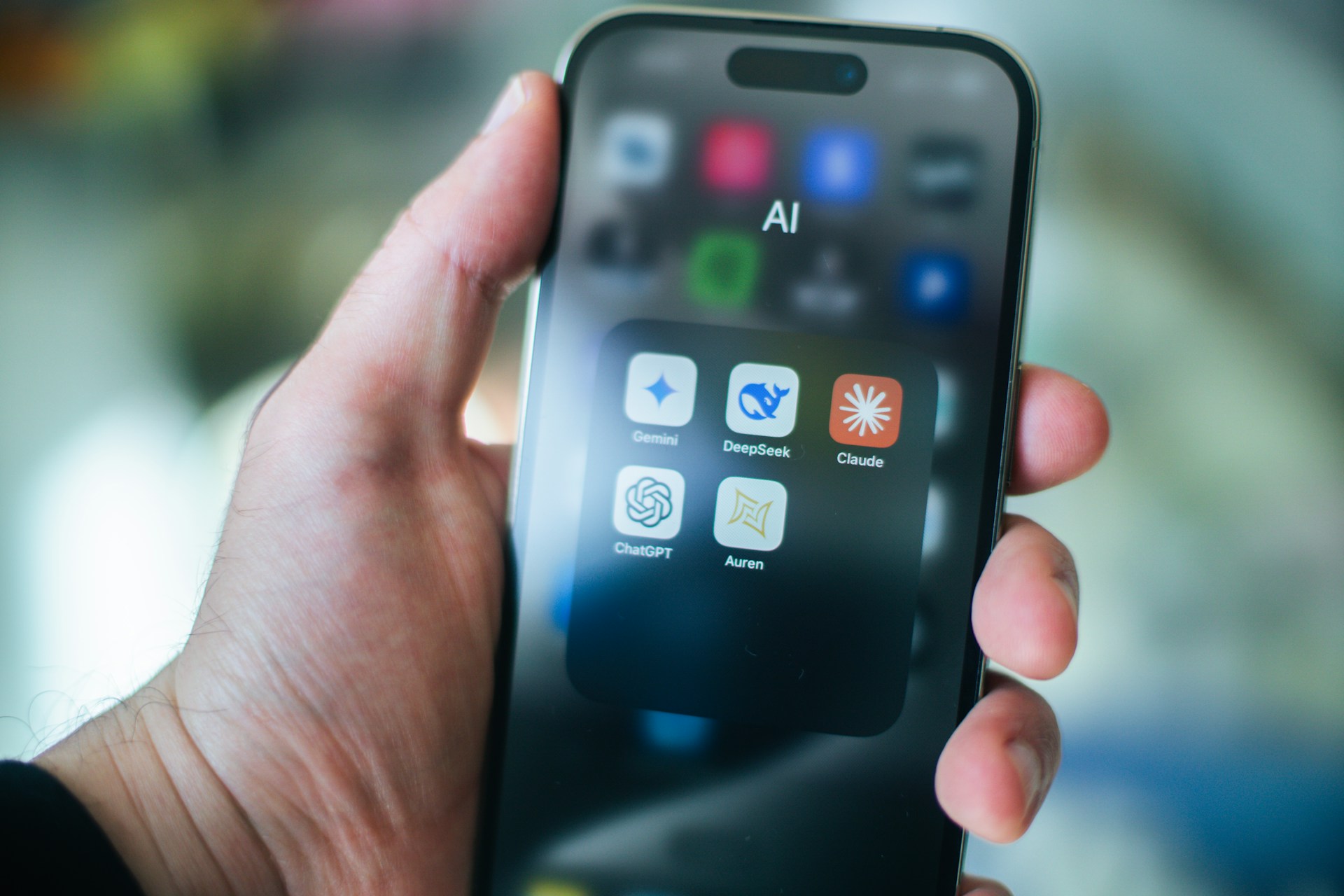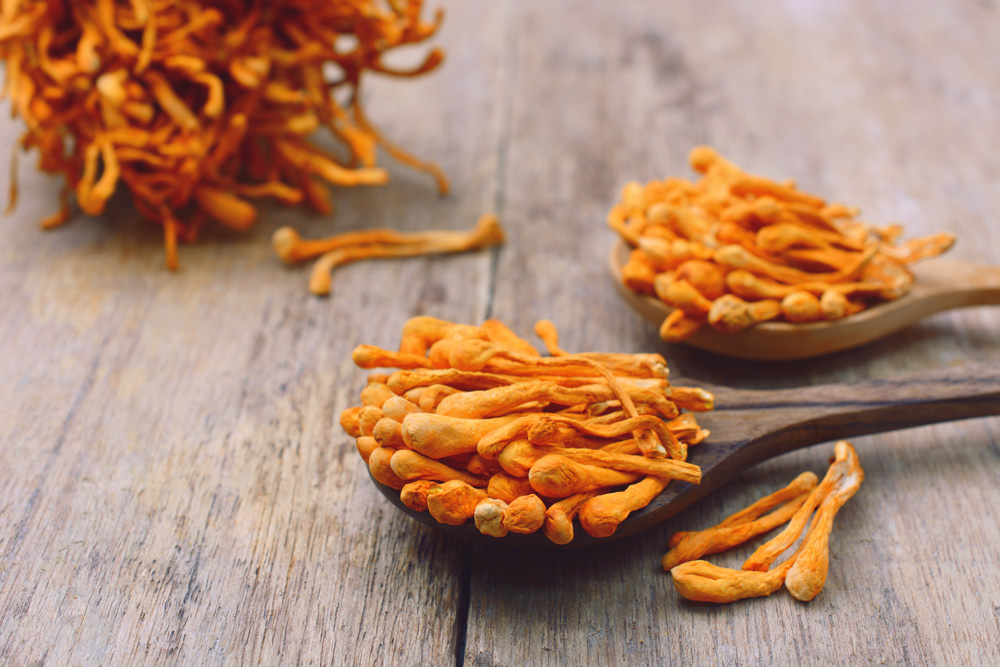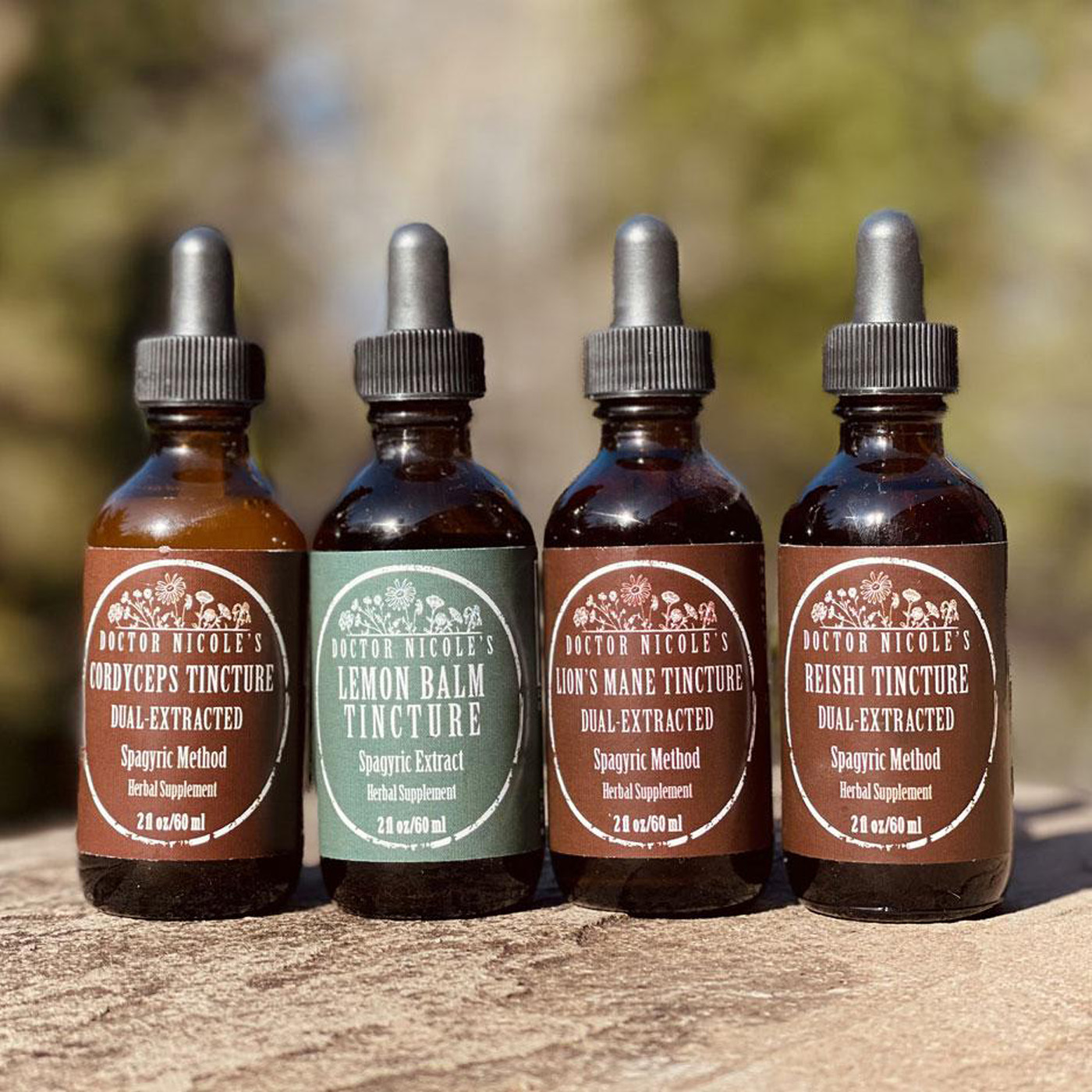The Cost of Artificial Intelligence
A new MIT study published in June of this year may give you pause for thought before regularly using ChatGPT for work, personal, or academic work if you value cognitive health. While generative AI is still in its early stages and scientists are just beginning to examine the impacts of the technology on the human brain, the research team for the study believe their preliminary findings are concerning enough to sound the alarm. Considering the technology is evolving at a breakneck pace and increasing numbers of students and workers are relying on generative AI to boost productivity and efficiency, the question begs to be asked: at what cost?
Study Results
For the study, MIT’s Media Lab divided 54 participants in Boston — ages 18-39 — into three groups: those who were to use OpenAI’s ChatGPT, Google Search, or nothing at all.4 The research team then asked each group to write several SAT essays while an EEG recorded their brain activity over 32 regions. What they found was startling. The ChatGPT group showed the lowest brain engagement and “consistently underperformed at neural, linguistic, and behavioral levels.”
These users became increasingly less motivated over the course of several months. At the end of the study many had become so unmotivated that they resorted to outright copy-and-paste for their essays. What’s more, the ChatGPT-generated essays were extremely similar, didn’t exhibit original thought, and relied on the same ideas and expressions. Two English teachers were asked to evaluate the essays and classified them as “soulless”.1
In contrast, those who didn’t use ChatGPT or Google Search had radically different results.
“The brain-only group, conversely, showed the highest neural connectivity, especially in alpha, theta and delta bands, which are associated with creativity ideation, memory load, and semantic processing. Researchers found this group was more engaged and curious, and claimed ownership and expressed higher satisfaction with their essays, ” writes journalist Andrew R. Chow in, “ChatGPT’s Impact on Our Brains According to an MIT Study”1
The Google Search group also had active brain function and exhibited high satisfaction with their essays. This is an important distinction as many students and business professionals are switching from traditional internet search engines to AI chatbots to gather information.

The team stresses these findings are particularly alarming in regard to young people as their brains are still developing and the ability to learn, memorize facts, process information, and develop resiliency are crucial. Psychiatrist Zishan Khan, MD believes that children and adolescents who rely heavily on generative AI will see these areas of cognitive health weaken over time.1
Another study published in Scientific Reports this past April established that AI helps to increase productivity, but at the cost of declining motivation and engagement. 2 The team concluded:
“Our findings consistently demonstrated that collaboration with GenAI enhanced immediate task performance. However, this performance augmentation effect did not persist in subsequent tasks performed independently by humans. Importantly, transitioning from collaboration with GenAI to solo work led to an increased sense of control of human workers, and was also accompanied by significant decreases in intrinsic motivation and increases in feelings of boredom.”
In light of these findings, should we forgo generative AI completely to preserve cognitive health? Not necessarily. However, researchers do advise caution — particularly with children and young adults. In this case, it may be better to significantly limit its use until we know more. For adults, researchers suggest alternating between tasks that are well-suited for AI, such as email, outlines, and topic ideas — and those that require more creativity, engagement, and the power of the human brain rather than artificial intelligence.
Naturally Enhancing Brain Health
Beyond using AI judiciously and regularly unplugging for a digital detox, I also recommend taking a proactive approach to cognitive health with several supportive herbal remedies: cordyceps, lion’s mane, and reishi medicinal mushrooms, along with lemon balm. Here’s why.
Cordyceps promotes neuroprotection, enhances memory and learning, and has been shown in animal studies to improve brain function, while reducing oxidative damage to brain cells. Lion’s mane is especially notable for stimulating the growth of brain cells, supporting nerve regeneration, and reducing symptoms of Alzheimer’s, dementia, and Parkinson’s. It also helps to improve sleep and eases anxiety and depression. Reishi counters brain fog, supports adrenal health, and promotes restorative sleep by reducing cortisol and lowering the negative impact of stress. Lemon balm supports overall cognitive function, improves sleep quality, protects nerves with antioxidant properties, and may assist in managing neurodegenerative conditions by encouraging GABA production and reducing anxiety. Each concentrated medicinal extract is found in our powerful Brain Bundle in my apothecary.
ADHD, STRESS, and MEMORY HELP — Plus no more Brain Fog!!!
“Wow! The Lemon Balm really helps my ADHD so I can focus. It has also made a big difference in my memory and stress levels. I use the entire Brain Bundle and the Lion’s Mane, Turkey Tail and Cordyceps have also been huge game-changers for me. My energy is better and I have less brain fog from the mushrooms. Thank you!” -Martha R.
Pure. Potent. Proven. At Nicole’s Apothecary, we deliver science-informed results you can trust. Explore our full line of products by visiting my apothecary today!
Nicole Apelian
Nicole’s Apothecary Products in this Post
References
- “ChatGPT’s Impact on Our Brains According to an MIT Study” by Andrew R. Chow, Time Magazine, June 23, 2025. https://time.com/7295195/ai-chatgpt-google-learning-school/
- Wu, S., Liu, Y., Ruan, M. et al. Human-generative AI collaboration enhances task performance but undermines human’s intrinsic motivation. Sci Rep 15, 15105 (2025). https://doi.org/10.1038/s41598-025-98385-2
- ” Research: Gen AI Makes People More Productive—and Less Motivated” by Yukun Liu, Suqing Wu, Mengqi Ruan, Siyu Chen and Xiao-Yun Xie, Harvard Business Review | Behavioral Science, May 13, 2025. https://hbr.org/2025/05/research-gen-ai-makes-people-more-productive-and-less-motivated
- Kosmyna, Nataliya, et al. Your Brain on ChatGPT: Accumulation of Cognitive Debt when Using an AI Assistant for Essay Writing Task. MIT Media Lab, 2024.https://arxiv.org/pdf/2506.08872v1






